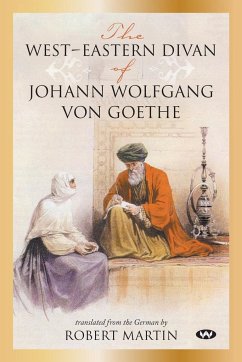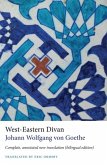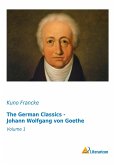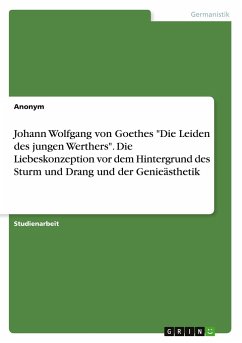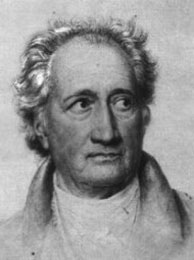The ageing Goethe finds new inspiration and youthfulness through the love of a young woman and the example of the great Persian poet Hafez. Johann Wolfgang von Goethe (1749-1832), a towering figure in German culture, was remarkably prolific in many literary genres. But much of his work is scarcely known in the English-speaking world. With this new translation, Robert Martin tries to remedy this situation with regard to one of Goethe's most adventurous volumes of verse, the West-Eastern Divan. Here Goethe playfully pretends to be a Middle-Eastern poet, but draws on themes vital to all of humanity - love, creativity, wisdom, richness of life.
Hinweis: Dieser Artikel kann nur an eine deutsche Lieferadresse ausgeliefert werden.
Hinweis: Dieser Artikel kann nur an eine deutsche Lieferadresse ausgeliefert werden.

